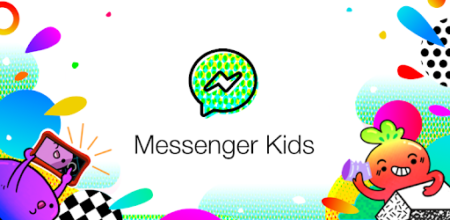You can already do it in Facebook Messenger, now it looks as though the mobile Facebook app is the next to take a ride on the Dark Mode train. A leak, spotted by a reliable app researcher, shows that Facebook has begun implementing features that — when completed — will constitute a Dark Mode for the service
Browsing: Facebook
Faceboook-owned Instagram has terminated its relationship with a marketing company called Hyp3r after it was found that the company was ignoring privacy rules and collecting user data it wasn’t supposed to have. What makes this worse is that the company was listed as a preferred Facebook Marketing Partner for the past year.
Facebook has faced increasing scrutiny from the public and regulators because of digital privacy, and wants to rebrand its other apps: Instagram and WhatsApp.
Facebook envisions a future in which people will be able to type out words and send messages using only their minds with project Moonshot.
During hearings into Facebook’s new Libra cryptocurrency, she grilled David Marcus, the head of its Calibra wallet, which is how its users will interact with Libra. “So, we are discussing a currency controlled by an undemocratically selected coalition of largely massive corporations. Do you believe currency is a public good?”
Facebook’s messenger app for kids, designed to let them chat safely with humans that are approved by their guardians, allowed them to connect with random adults.
Instagram’s recent decision to remove its “like” counter from its platform in select geographic regions is an interesting, perhaps long overdue, measure. Although recently users in Canada reported seeing the “like” counter back on for a day, the counter is currently off. The roll-out is a techno-social experiment, and there are advantages — and a few unintended consequences — of such an action.
Though Stuff is typically all about the biggest and best of the smartphone world, we’ve got a soft spot for more basic devices. The only complaint? App support, specifically the sort that lets us remain in touch with friends and family. That’s about to change, with the launch of WhatsApp for KaiOS devices around the world.
It’s more likely that blockchain, and even Libra, is a means to a end; Calibra is about Facebook wanting to be not only the world’s biggest social media platform but also the globe’s go-to marketplace, putting Amazon, eBay, Apple and Google in the shade.
Gestures and emoji don’t break down into smaller parts. Nor do they easily combine into larger words or sentences (unless we’re using a clunky version of the grammar of our language).








